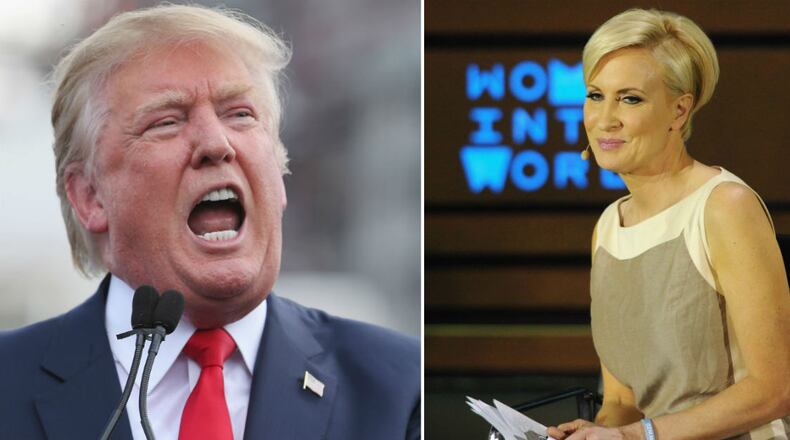If you're a public employee in Ohio, you could see your sick days cut. The state already limits employees to 10 sick days, but college and local employees can earn more. One public union rep said the move was an attempt to hurt collective bargaining, while others see it as a way to stay with the private sector and stop the large cost of paying off large amounts of sick time.
Wrongful imprisonment provision could get restored
The provision was cut from the final budget, which would have made it easier for people wrongfully imprisoned in Ohio to receive state money, but supporters such as the Ohio Innocence Project hope to see it restored.
Coming Soon: Four-year degrees at community colleges
Community colleges like Sinclair and Edison can begin offering "applied bachelor degrees" if approved by the state.
Trump blasted over Tweet attacking morning show host
Donald Trump's Tweet at MSNBC's Mika Brzezinski has drawn criticism from all corners of media and political parties, including Fox News, whose lineup is the most supportive of the Republican president. Condemnation came from both sides of the aisle and grew after Deputy White House Press Secretary Sarah Huckabee Sanders defended the tweet as pushback against negative media coverage.
Quick Hits
Overdose spikes in Akron lead to mobile morgues (WHIO.com).
"This seems to have snowballed.": despite threats, Middletown councilman has no regrets questioning EMT service for overdose victims (HJN.com)
Cincinnati approves marijuana farms at industrial sites (MyDDN).
Mobile home oversight agency abolished (MyDDN).
Opioid epidemic making 2018 a one-issue election (Cleveland.com)
Recommended Read of the Day
Lebanon's having its first vote in a decade soon, and doing so behind a controversial new electoral system the country hopes will be a model for ending sectarian conflict and rule in the country and the Middle East. Elias Muhanna, a contributor to The New Yorker, writes the hope for the system's architects is to move voting blocs from a religious focus to ones based on common political concerns.
About the Author
